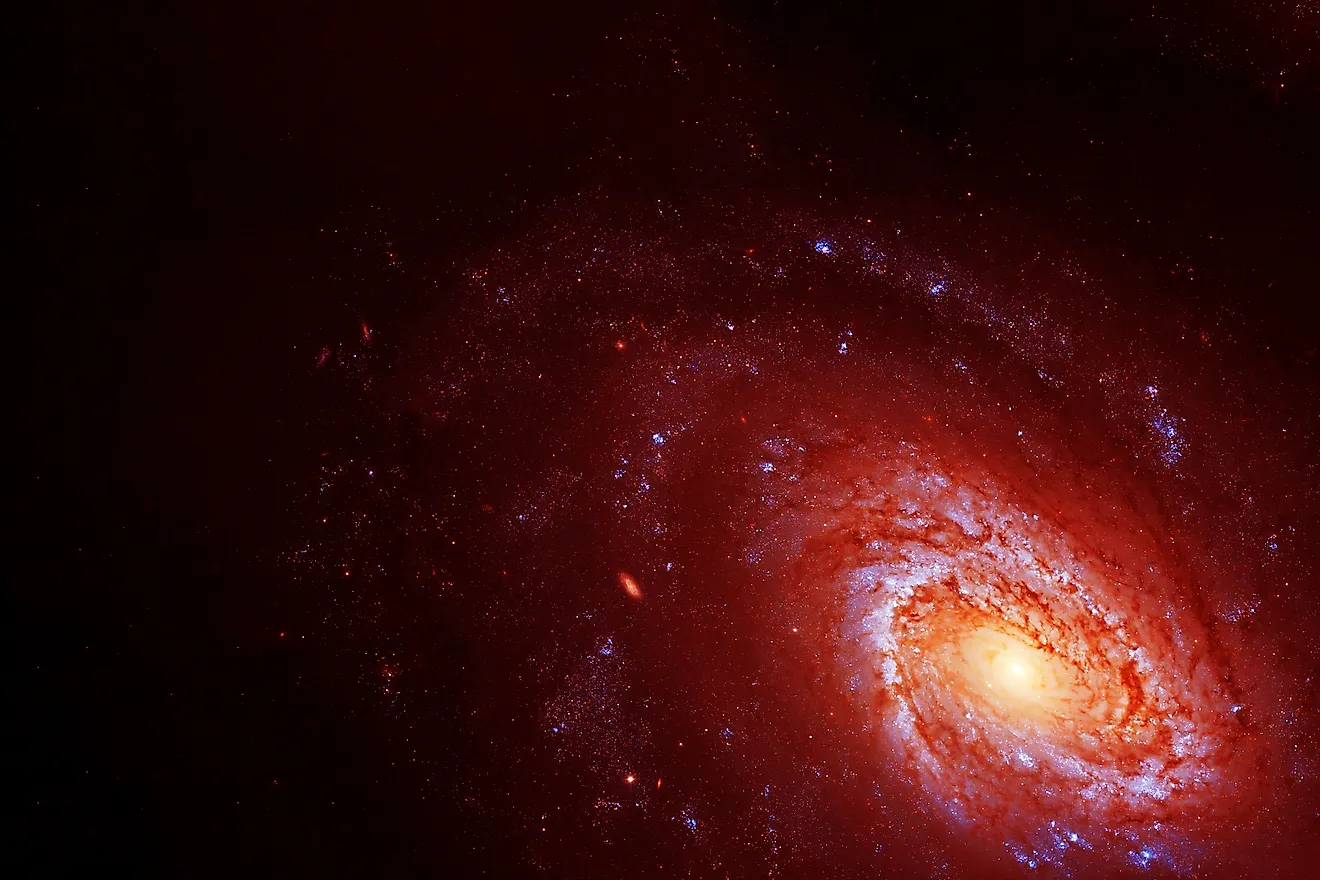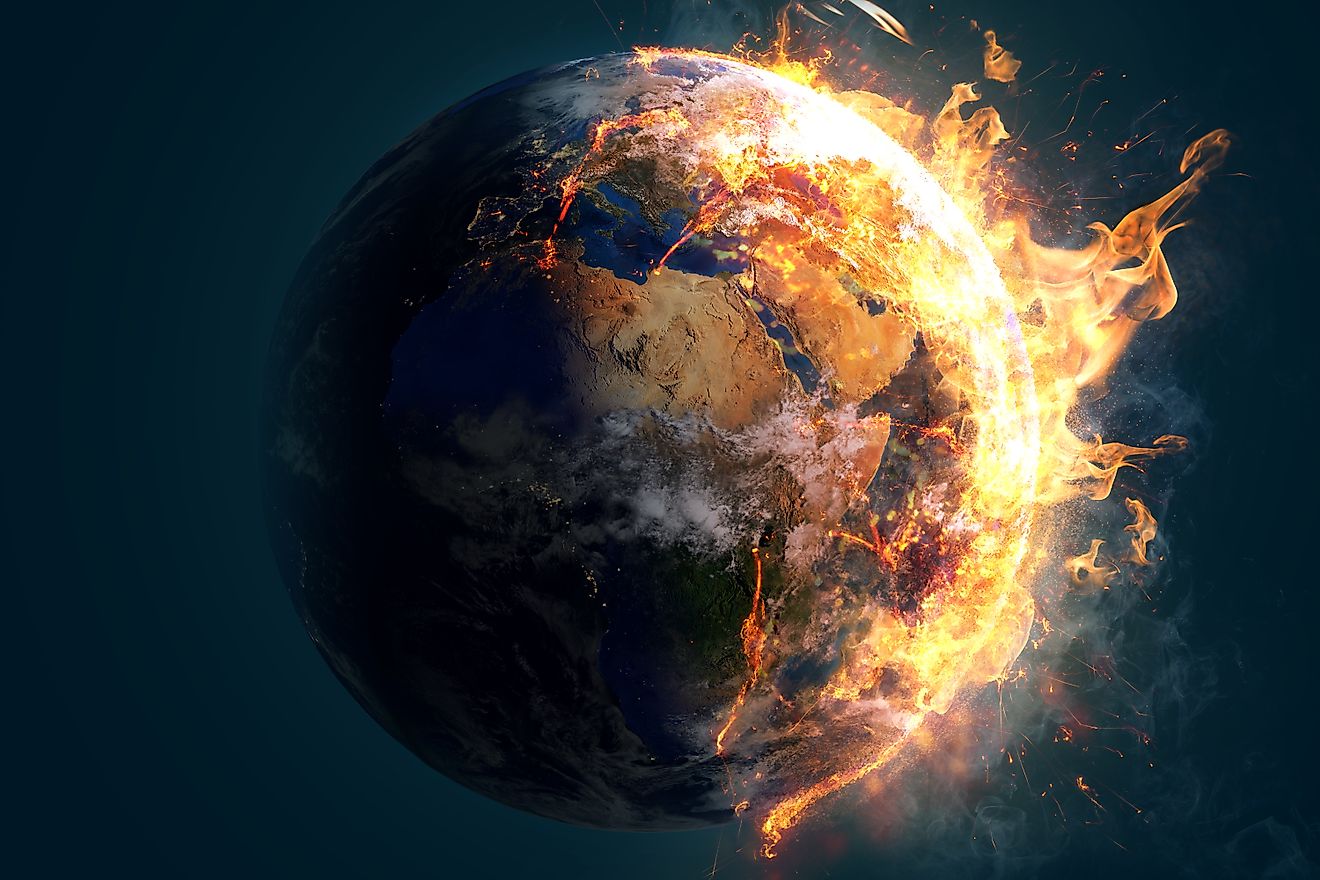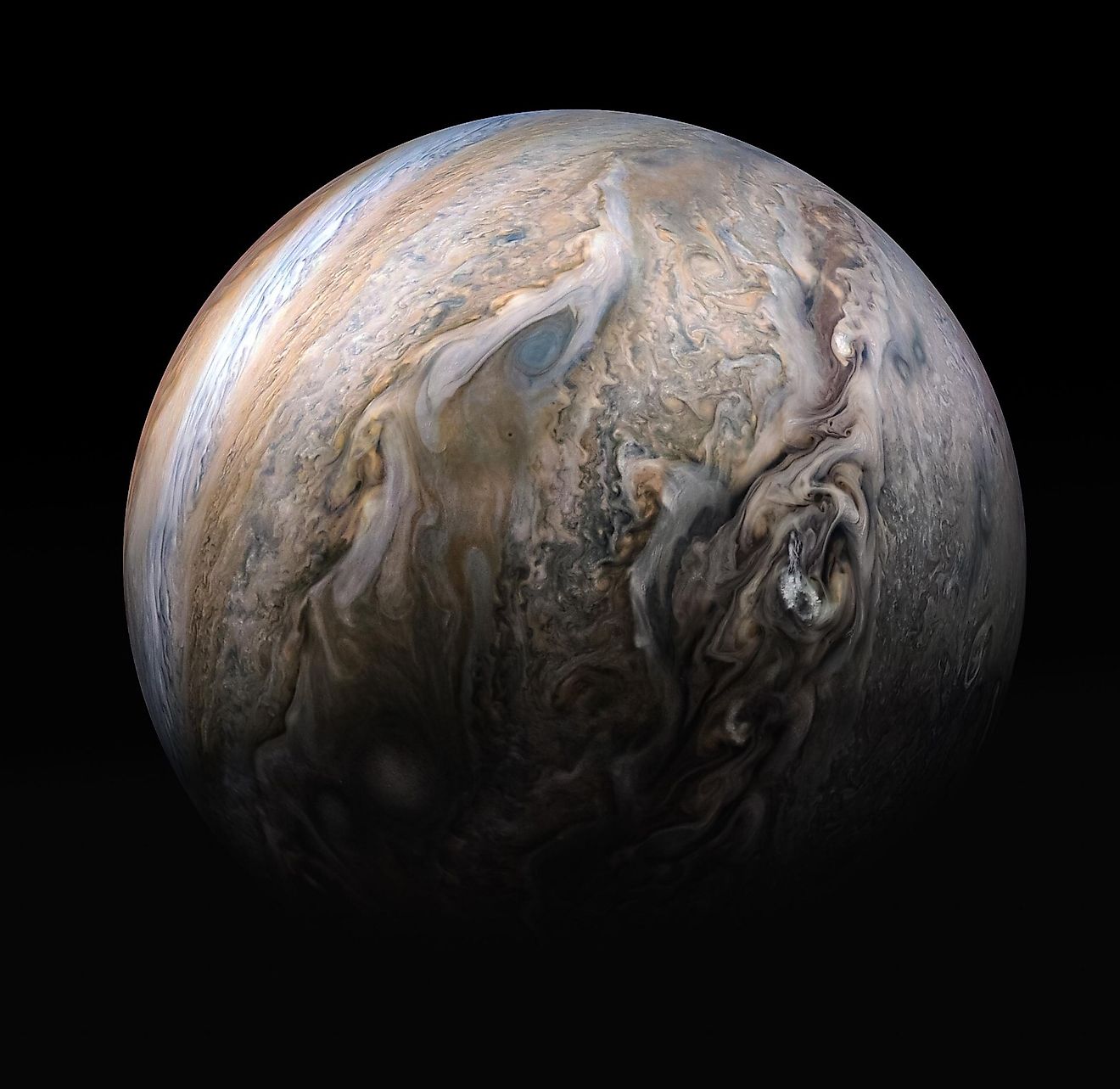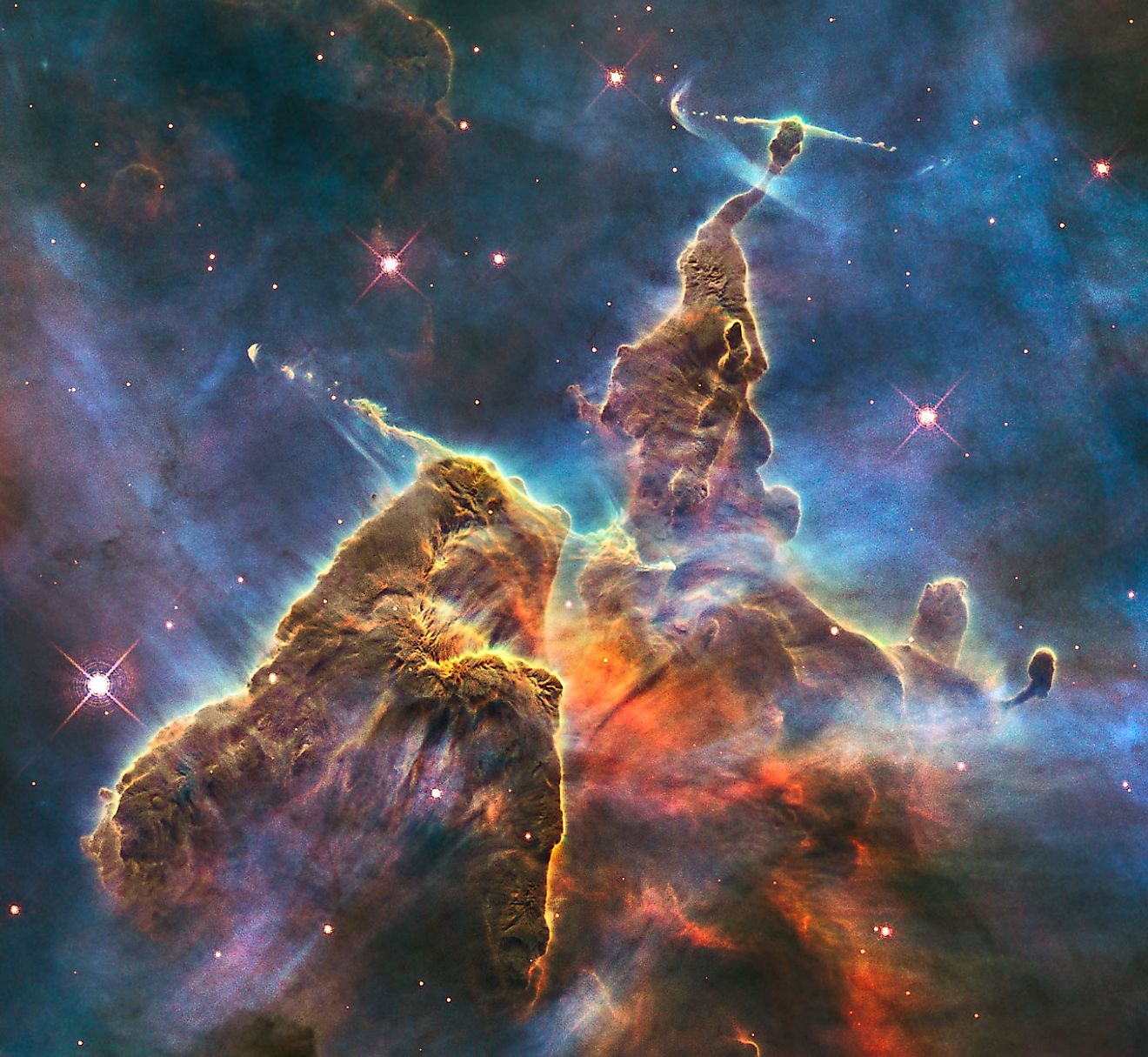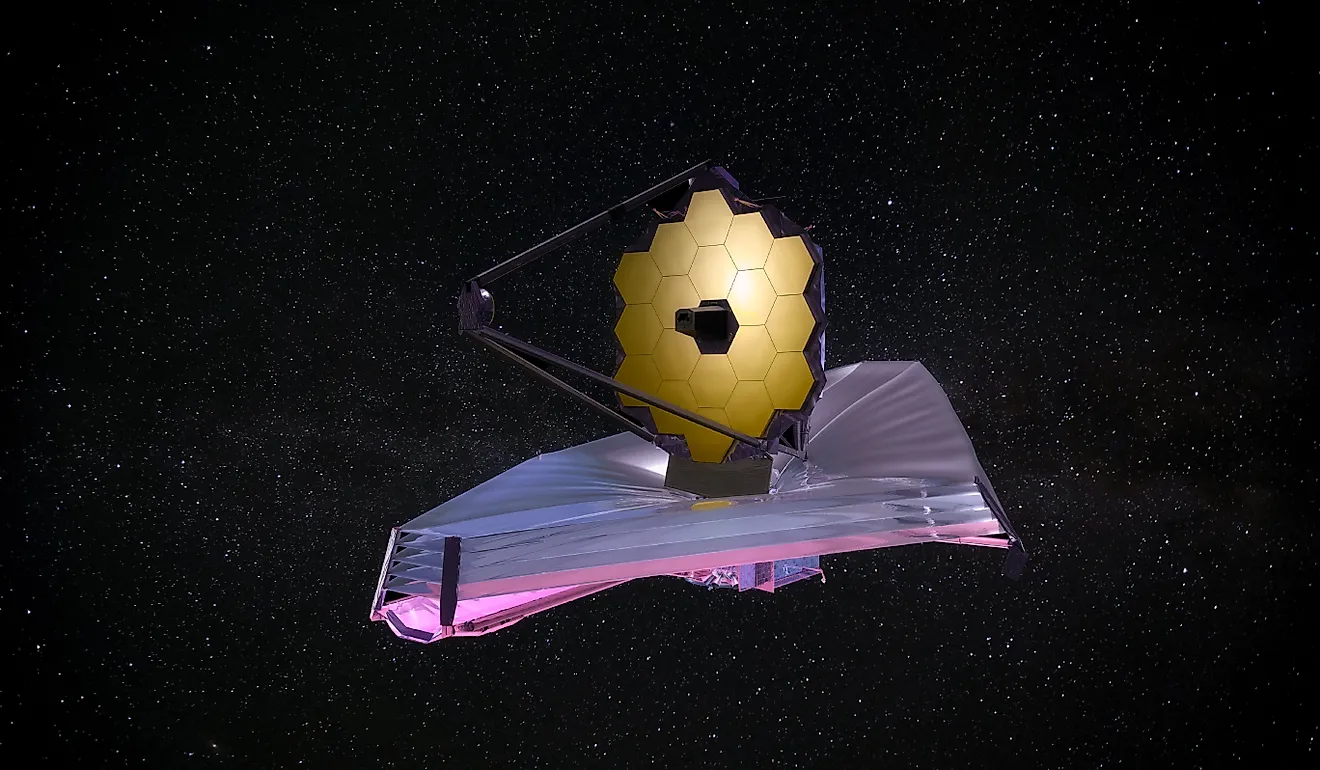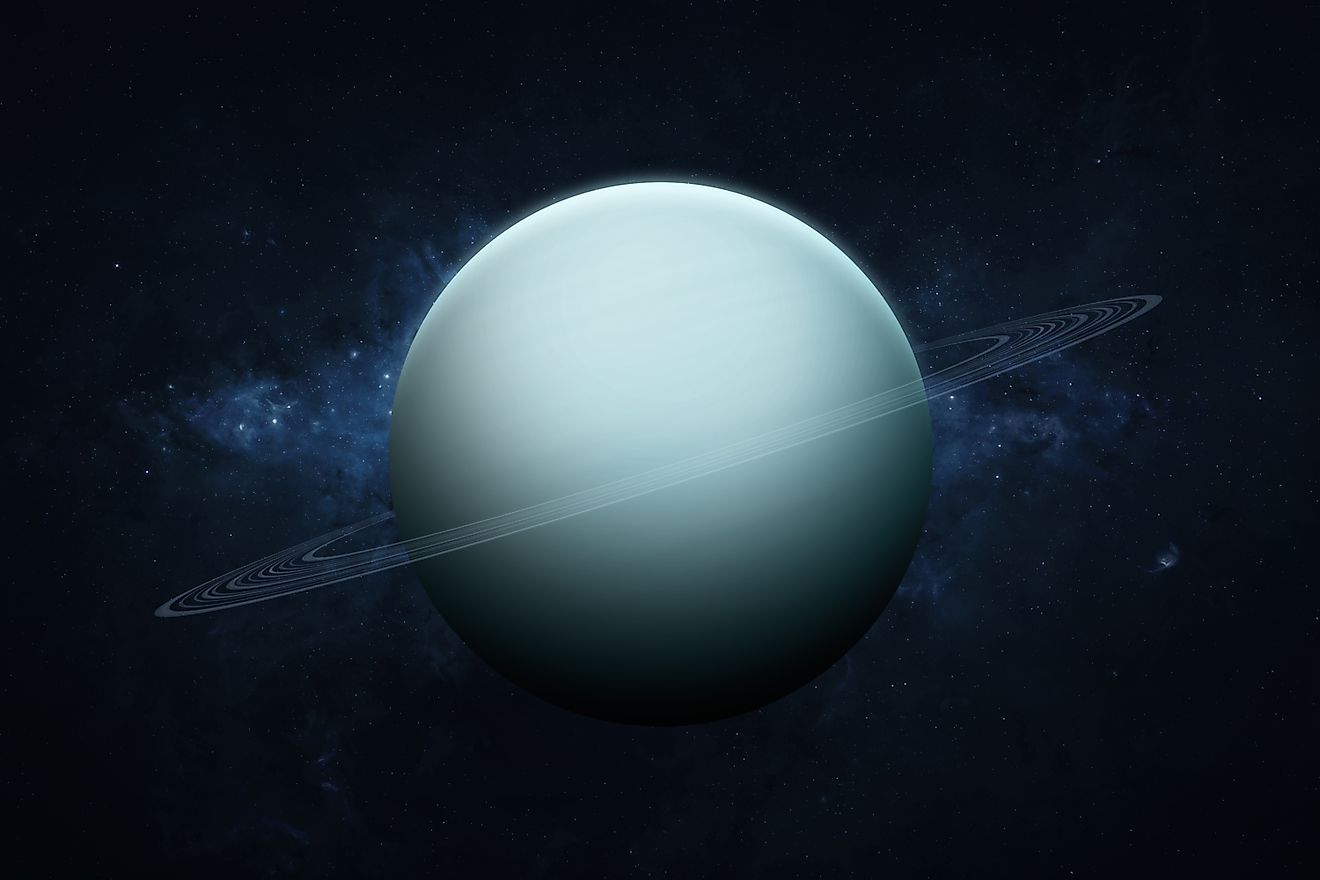
How Much Carbon Dioxide Is In The Atmosphere?
The Earth is one of the hottest planets in the solar system. Earth may not seem like an overly hot planet, yet its average surface temperature is the third highest in the solar system. Although Earth’s temperature is influenced by our distance from the sun, the Earth would be a fairly cold planet if it were not for the composition of our atmosphere. The sun supplies heat, and an atmosphere contains and regulates that heat. One of the most important compounds in our atmosphere is carbon dioxide, a greenhouse gas that helps maintain warmer temperatures on the surface. If the Earth had no carbon dioxide in its atmosphere, the planet would freeze over. If the Earth had too much carbon dioxide, the planet would be too hot to support life in the way that it currently does. Fortunately for us, the Earth’s atmosphere has just the right amount of carbon dioxide. The atmosphere is approximately 0.04% carbon dioxide, which may not seem like much, yet it is the difference between the world we know and one covered in ice.
Earth’s Atmosphere

Earth’s atmosphere is primarily composed of nitrogen and oxygen. Nitrogen makes up 78% of the atmosphere and oxygen makes up 21% of the atmosphere. 0.9% is argon, and the remaining 0.1% is composed of various other chemicals such as carbon dioxide and methane. Despite carbon dioxide making up only 0.04% of the atmosphere, it is one of the most important compounds in our atmosphere. The average surface temperature of Earth is around 57 degrees Fahrenheit (14 degrees Celsius). Without any greenhouse gases, the Earth’s temperature would plummet to around minus 4 degrees Fahrenheit (minus 20 degrees Celsius).
Changes to the Amount of Carbon Dioxide

Throughout Earth’s history, the amount of carbon dioxide has changed. For example, during previous ice ages, the amount of carbon dioxide decreased to around 0.02%, causing global temperatures to plummet. Meanwhile, back when dinosaurs roamed the Earth over 66-million years ago, carbon dioxide levels were around five times higher than today, and global temperatures were anywhere from five to ten degrees higher than today. Changes to the amount of carbon dioxide in the atmosphere are often associated with periods of extreme cold or extreme heat. The current amount of carbon dioxide in the atmosphere has been increasing since the Industrial Revolution largely due to human activity. Humans add around 35-billion metric tons of carbon dioxide to the atmosphere every year, and as a result, global temperatures are increasing. If humanity continues to emit carbon dioxide at the current rate, the average global temperature could increase by as much as three to six degrees by the end of the century.

